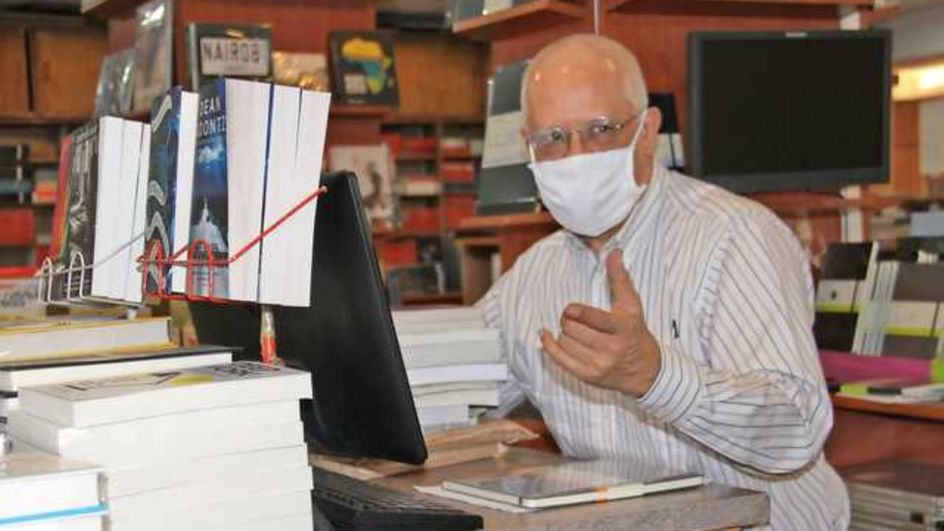
Way back in the 1960s when I was a student of literature at a university in the United Kingdom, some academics were predicting that the rapidly increasing use of computers would mean that, though global communication would be easier and faster, the language they were using, particularly English, would be stripped bare. It didn’t happen.
Recently, it was predicted that the coming of e-books and audio-books – along with the proliferation of other electronic media entertainments – would mean that print books would go into a serious decline. It isn’t happening.
Last year, on the CNBC business news channel, Meryl Halls, Managing Director of the Booksellers’ Association in the UK said: “ I think the e-book bubble has burst somewhat; sales are flattening off. I think the physical object is very appealing.”
So why is this? For me, e-books are a boon when travelling. You can pack a library of them in a tablet of only six by four inches. They are easier to read on a plane – much easier to read in bed. So why do I still buy and appreciate the real things – print books?
It must be something to do with collecting. I like to own books; I like to see them on the shelves. One of the things I have done while staying home, protecting myself from the coronavirus, is to move my books – rearranging them, clustering them according to themes and authors.
(As I was doing it, I remembered, now with amusement, how when I was a flight cadet at Cranwell, the Royal Air Force College, we had to arrange our books, as we arranged ourselves on parade: tallest on the right, shortest on the left.)
I like to have books around me in my study. I like to show off a few on the bookcase in the guest room. I assume there is a status thing involved.
You must have noticed that many people being interviewed remotely on the BBC or CNN, say, often have well-stacked book shelves behind them.
But there is also something pleasurable about the look and feel of a book – the attraction of the cover design, the choice of fonts, the relief of white spaces, the quality of the photographs – even the act of turning the pages.
I went along to chat about all this with Chan Bahal at his BookStop at Yaya Centre, Nairobi.
‘Yes, I used to have sleepless nights when the e-book thing came along,’ he said. ‘I felt sure that books will be things of the past. But it never happened. I think that print books became more aggressive and fought back!’
I asked Chan what he thought was the reason why many people still like having a physical rather than a digital book. ‘I guess it’s something to do with childhood,’ he said. ‘Books were among our earliest birthday presents. We enjoyed the thrill of turning a page and finding something new. We grew up with books.’
I went on to ask him about the impact of the coronavirus on his BookStop business. He explained how he closed the shop for just a week. And when he reopened there was an immediate surge in sales. People needed something to do, as well as watching TV, when confined to the house, and many people took up reading again.
‘One interesting factor is the age range of the people who are buying books these days,’ Chan said. ‘They are youngsters in the range of 18 to 30. That’s a good sign, isn’t it? And most are young women rather than young men.’
As he was saying this, a man came up to the counter to pay for two novels he had selected. ‘Are these for you?’ Chan asked.
‘No, they are for my daughter,’ the man replied.
Chan turned to me with a smile. ‘You see!’



